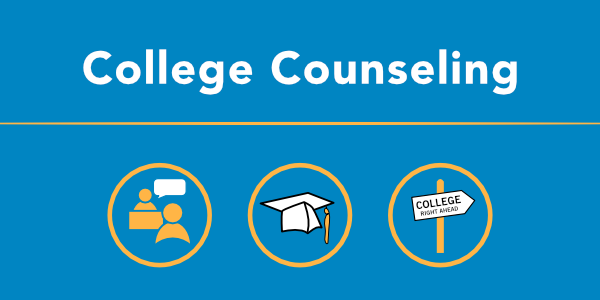by Krista Sterken
I recently attended an event for college students who plan to become lawyers – an excellent plan, in my view (I’m a lawyer). I was there to give advice, so I gave some advance thought to how to best navigate this particular path. These are my suggestions.
Focus on the Basics
Practicing law is heavy on reading, writing, and analysis. Start honing those skills now, through political science, literature, and philosophy classes. Favor smaller classes over large seminars, and actually participate. In your junior year, put those skills to use in mastering the LSAT. Like it or not, your LSAT score is a driving factor in law school admissions, so take it seriously.
Practicing law is also largely a game of organization – keeping track of deadlines, priorities, facts, arguments, and strategies. Develop systems to stay organized and deliberate in how you prioritize your time and attention. The basics are often the best: forethought and a to-do list.
Finally, work ethic matters quite a bit. Develop this by finding something you care about and working hard at it. I recommend a job – one that is challenging and holds you accountable for strong performance. Can’t find that? Start a business, or something else, on your own.
Find Teachers
Law school teaches you remarkably little of what you need to be a good lawyer – you learn most of that from the people around you. This is not unique to law. So, seek out people to teach you, lawyers and non-lawyers alike. Right now it might be a professor or coach, later perhaps a colleague or boss. Someone who has more experience or insight, and is willing to give you meaningful, sustained guidance and feedback.
Sometimes that feedback is positive, and sometimes not. Learn to accept (and ask for) the critical feedback, because it’s generally the most valuable. Be appreciative, and someday, teach someone else.
Follow the Rules
The law is just a bunch of rules for human coexistence. Lawyers help others navigate and enforce those rules, so they really should follow them too. Breaking rules in college (academic dishonesty, legal mishaps) may be an obstacle to law school or later admission to the bar.
More fundamentally, it’s a mistake even if you get away with it. Throughout your education and career, you will have opportunities to break the rules – to cheat, deflect responsibility, or manipulate a situation or person to your advantage. Don’t. A good lawyer is trustworthy, and you can cultivate that attribute now.
Be Flexible
Don’t be too rigid with your plans. I started college planning to become a doctor, which was really just an easy default (my family is in medicine). I realized it was wrong for me almost right away, but took a bit longer to course correct. If you find that the path you selected isn’t right for you, change it. The effort you put into preparing to be a lawyer will serve you well in any profession. Choose work you find engaging and fulfilling.




